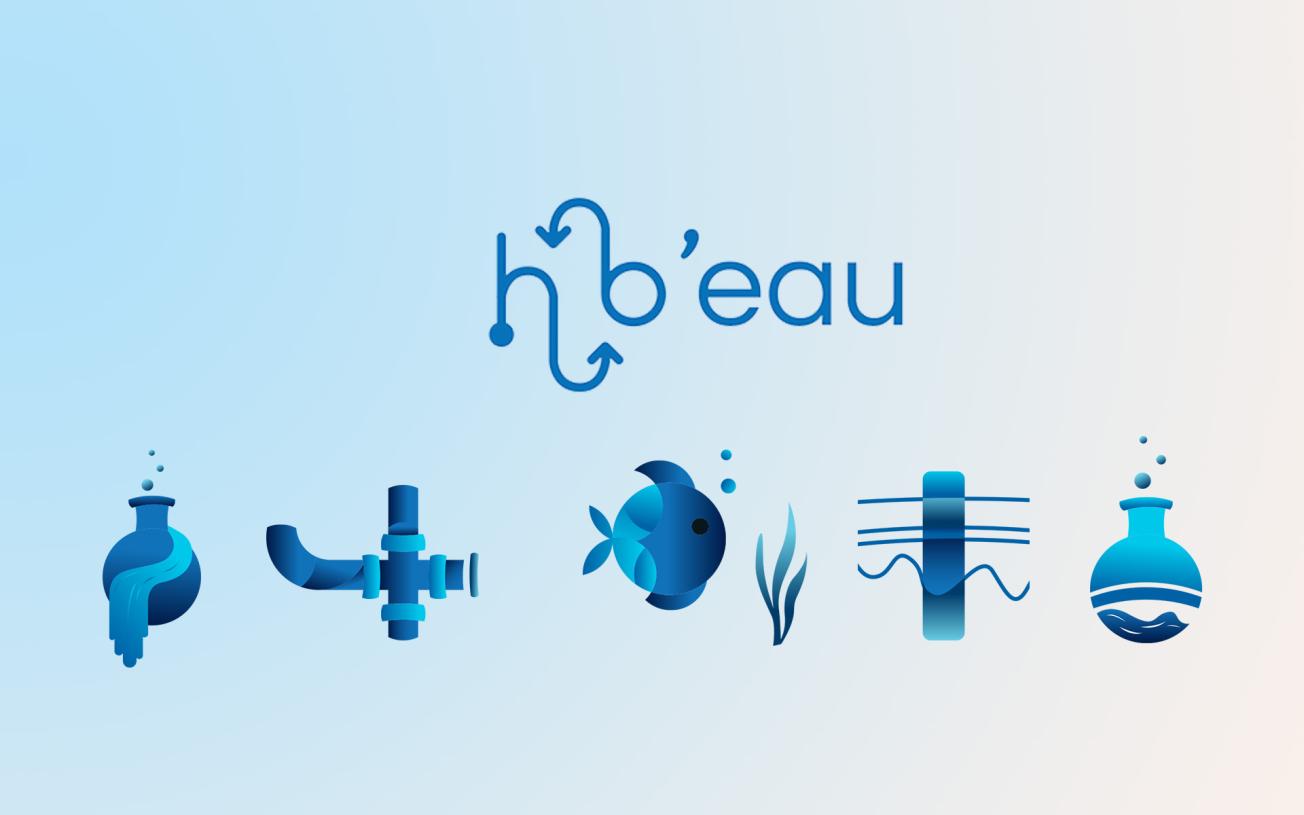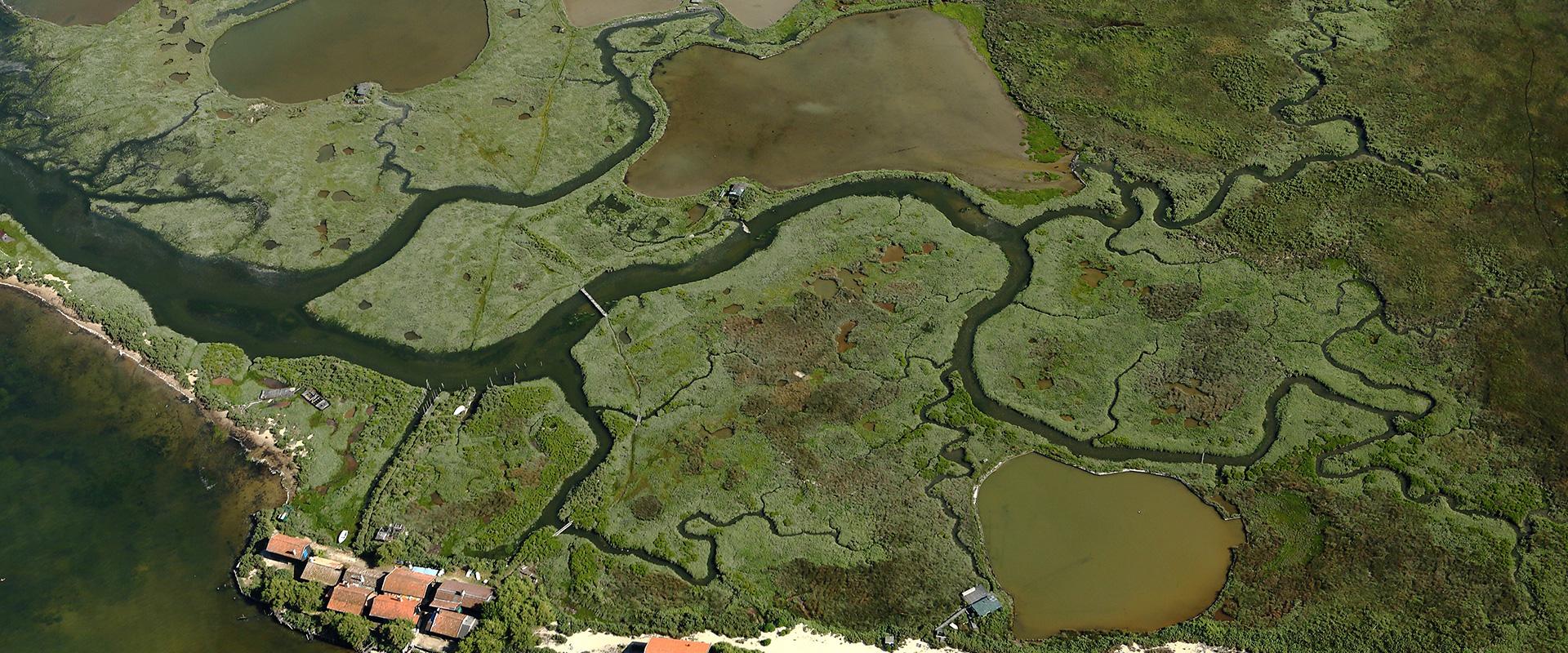
Hub'Eau, the platform to facilitate the use of open data on water in France.
© BRGM
A long-standing on-line service provided via the Eaufrance website and the result of collaboration between BRGM and the French Agency for Biodiversity, Hub'Eau provides web APIs (programming interfaces allowing data to be exchanged between computer applications) to facilitate access to the water information system (WIS) in formats that are easy to use and reusable.
In 2018, three new APIs will be released. For the first time, Hub'Eau has undertaken joint development and is systematising the beta-testing of its APIs in order to better adapt them to user needs.
More than one million uses of Hub'Eau APIs in the first half of 2018
There are currently five Hub'Eau APIs available. They give access to data relating to:
- indicators for drinking water and sanitation services,
- fish populations in watercourses (expanded version to be released in December 2018),
- the quality of watercourses (data available for the whole of France since February 2018),
- the quality of groundwater,
- piezometry.
In the first half of 2018, these APIs were used more than a million times. Based on an infrastructure and methods designed for the processing and storage of massive data, the Hub'Eau APIs have proved that they offer optimum availability.
Three new APIs to be released in the second half of 2018
Three new APIs will be released in the second half of 2018:
- Continuous temperature measurements – August 2018
- Real-time hygrometry – September 2018
- Real-time piezometry – December 2018
Test campaigns before each API comes online
From June 2018, Hub'Eau will systematically subject its APIs to beta-testing. These test campaigns follow the same joint-development and user-involvement approach initiated in 2016 by the Hub'Eau hackathons.
They will each last between 30 and 45 days and will aim to collect a maximum of feedback from users on the strengths and weaknesses of the APIs under development, in order to offer APIs that are of real use to the greatest number of people.







